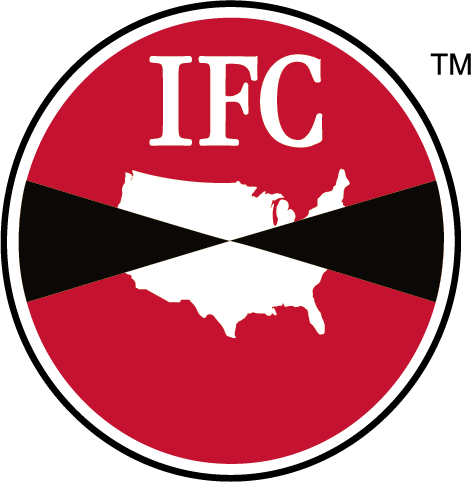Most people probably think of pest management or fumigation services as just getting rid of insects or rodents. It’s necessary, I guess, but not essential. Right? That’s where you would be wrong.
Food processing plants, food distribution centers, and warehouses all need to be pest free to maintain the safety of the food we eat. Nobody wants to make a cake with flour that has flour beetles in it. There are some that will tell you some insects are high in protein and would be good alternatives to meat, but unless you’re choosing to do that, no. You don’t want insects in your food. That’s where fumigation and pest management come in.
The role of pest management and fumigation in our nation’s food supply:
1. Customer Safety
Pests are notorious transmitters of food-borne pathogens like E coli, Salmonella, etc. By ensuring Pest Prevention Prerequisite programs are in place in food processing plants’ Food Safety Plans, that food processing team is ensuring their food products won’t threaten their customers’ health and safety.
2. Quality Control
Pests can destroy food products. Food processing plants, warehouses, and food distribution facilities need to make sure their products are free from pests for many reasons. If customers see evidence of pest presence, that will quickly get shared through social media and other channels – not to mention potentially lose contracts. This can seriously put a dent in a company’s bottom line (see #5) and harm a company’s reputation… which brings us to #3…
3. Brand Protection
There are brands that have gone out of business because of the presence of pests in their food. Coming back from that type of reputational issue, when it comes to pest activity, is difficult and, frankly, not always possible.
4. Full Compliance
Under the Food Safety Modernization Act (2011), an amendment to the Food Drug and Cosmetic Act (1938), food processing, distribution, transport, and storage companies are liable to ensure that their facilities operate in a manner that prevent food adulteration – which means they have to make sure the quality of their food is up to the law’s standards. And pest presence is a form of contamination and adulteration. Companies can have their registrations pulled because of pest activity.
5. Profit Loss
A company’s bottom line is priority. The good news is that the public can severely affect that bottom line if a company isn’t producing quality products. It’s one of the only real, tangible things that will keep big businesses in check. Because of that, companies are more apt to keep up with their pest management services. Proactive pest management and having fumigation services as a tool in the Food Safety Plan will cost way less than dealing with the repercussions of actual pest activity. So, thinking of the bottom line, companies are more likely to have a pest management process in place and work to prevent pests in the first place than try to remediate significant pest issues. One sighting by a customer or in the supply line can cost a business contract, and quickly. And often by the time a serious problem gets addressed, the cost of mitigating pests can be 5+ times the cost of a robust Pest Prevention Prerequisite program.
Pest management is an essential part of our public health and safety and clearly a main component of keeping our food supply wholesome and safe for consumption – and fumigation in particular can help with that. So, the next time you see one of our service specialists – please thank him or her. They’re probably keeping your coffee, chocolate, flour, grains, fruits, vegetables and so much safer for you and your family to consume.


